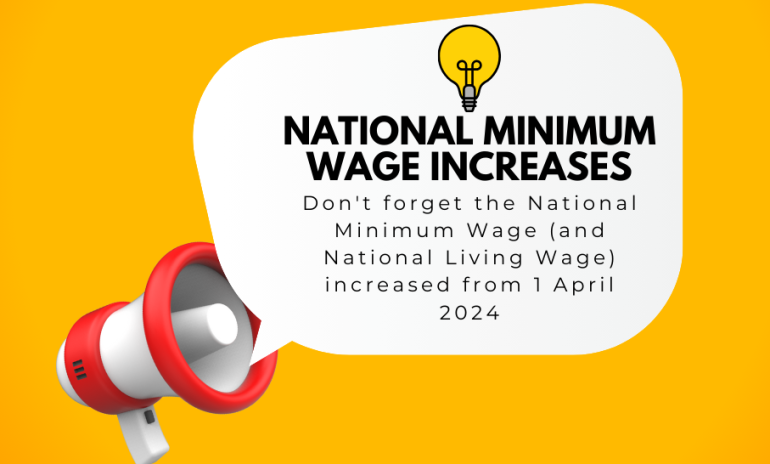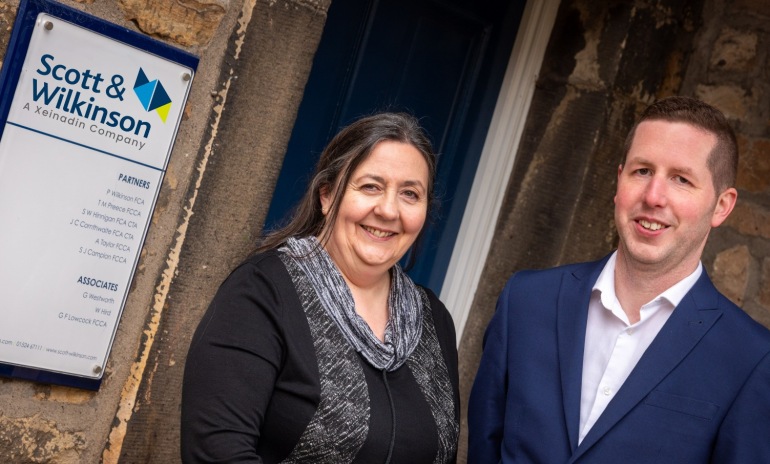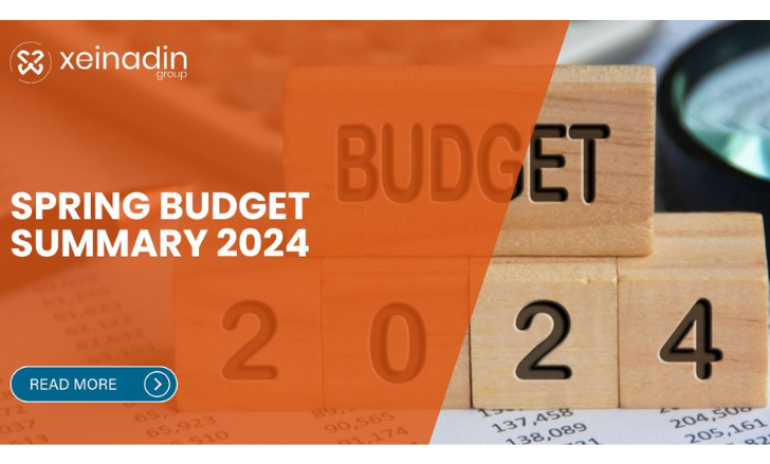What’s changing in the new tax year?
Date: 06/04/17

Today marks the beginning of the new tax year, and new rates and regulations are to be introduced. So how will this affect you?
Personal taxes
The income tax personal allowance (how much you can make without paying any income tax) is to increase to £11,500, and the threshold for the 40% higher rate of income tax is to increase to £45,000 (£43,000 in Scotland). The Government is committed to raising the income tax personal allowance to £12,500 and the higher rate threshold to £50,000 by the end of this Parliament (May 2020). It is worth noting that the personal allowance is withdrawn for incomes over £100,000, and the High Income Child Benefit Charge remains in place for those earning more than £50,000.
Capital Gains Tax
The Capital Gains Tax annual exemption threshold is being increased to £11,300.
Inheritance taxes
The threshold for inheritance tax is currently frozen at £325,000 until April 2018. Coming into effect is a policy announced in George Osborne’s July 2015 Budget Statement, which details a tax-free allowance for inheritance tax on family homes, starting at £850,000 this year and rising by £50,000 until it reaches £1million. Once the estate is worth over £2million, the £1million tax-free allowance is gradually tapered away. However, all residential property indirectly held through an offshore structure will be liable to inheritance tax.
Individual savings accounts (ISAs)
The maximum limit of payment into an ISA will jump from £15,240 to £20,000 for the 2017-2018 tax year. A newly-introduced Lifetime ISA will allow under-40s to save up to £4,000 per year, with a 25% bonus from the government to fund first-time property purchase or to save for retirement.
Tax avoidance
In an effort to combat aggressive tax avoidance schemes, the Government is bringing in the serial tax avoider’s regime. Individuals using schemes that are defeated by HMRC after today, 6 April 2017, will be liable to sanctions such as penalties, restrictions to direct tax relief or public ‘naming-and-shaming’. It’s more important than ever before to ensure that your assets are not held in an inappropriate or artificial scheme.
Should you require any further information on any of the topics mentioned above then please do not hesitate to contact the office.

Author: Wendy Hird
Wendy’s exceptional knowledge and experience, gained through spending 7 years with HM Revenue and Customs before joining Scott & Wilkinson in 1996, makes her one of our most respected taxation specialists. She has worked...
0 Comment
Add your Comment
We have the ability to edit and/or delete posts and comments. Links should be relevant to the topics. Please note all comments are subject to review before inclusion.














Nobody has commented yet. Why not add one?